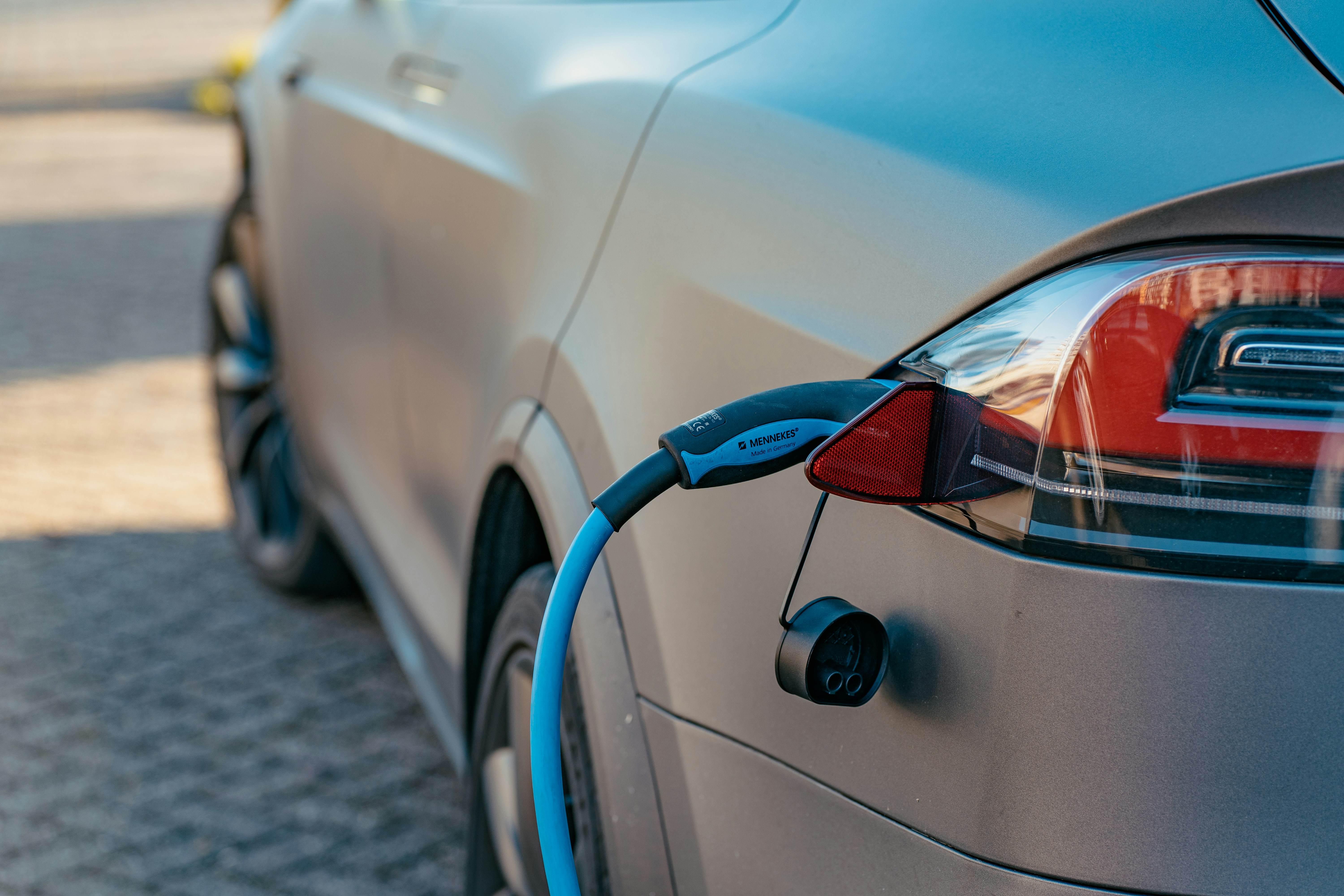Maryland’s utilities are well established in the EV charging market, having received permission from the Public Service Commission (PSC) to own and operate hundreds of electric vehicle (EV) charging stations. These utility owned and ratepayer funded chargers are stifling private investment as businesses cannot rationally invest in EV charging services to compete with regulated monopolies on an unlevel playing field.
When the PSC approved the utility EV programs in 2019 a requirement for regular updates from the utilities on the progress and implementation of the programs was put in place with the most recent updates being filed in March of 2024. Information on the utility programs, including the most recent reports, can be found in the docket for Case 9478.
Following the filing of the March 2024 reports, the PSC opened an opportunity for written comments evaluating the utility programs to this point as well as the appropriate role for the utilities within the EV charging sector moving forward. Charge Ahead Partnership submitted comments before this window closed and testified in the May 16 hearing before the PSC. CAP’s comments and testimony encouraged the PSC to ensure that any future participation of utilities in the EV charging market is done so on a level playing field. Additionally, CAP urged the PSC to pursue alternative rate structures that mitigate demand charges and explore other actions that will drive private investment and lead to a more robust and reliable charging network.
In August of 2024 the PSC issued an order which was favorable for the future of Maryland’s EV charging network. The PSC noted the concerns raised about unfair competition with utility-owned charging stations and indicated that they do not anticipate approving more utility-owned public charging stations in Phase II of the utility programs, but may do so in areas determined to be “underserved.” Additionally, in a notable shift, the PSC also ordered the utilities to “cease developing new utility-owned charging stations as part of their Phase I programs, though they may complete construction of charging stations already in development.” The order also directed the PSC’s EV Workgroup to work with the Maryland Department of Transportation and Maryland’s Zero Emission EV Infrastructure Council to determine if the state has a process for determining ideal locations for public charging stations and to “develop a process for determining when it is appropriate to permit utility incentives for or ownership of public charging stations.” For a state which had previously approved hundreds of utility owned EV charging stations this order represents a significant step forward.
In late 2024 and early 2025 Maryland's electric utilities filed their Phase II EV Proposals. The utilities followed the PSC's directive and did not request any additional ratepayer funds to build new utility-owned chargers; however, all of the utilities did request additional funds to support the continued operational costs of their existing charging stations, including maintenance, networking costs and, in some cases, the costs of the electricity. The PSC set a deadline to file comments of March 28, 2025, and there was an in-person legislative style hearing on April 9, 2025. CAP commented on these proposals to raise concerns with the anti-competitive nature of allowing utility-owned chargers competing with private entities continued access to ratepayer funds to subsidize their operations and maintenance, an option not available to private entities.
In late 2024 CAP continued to engage in Case No. 9478 regarding various utility proposals to amend or adjust their EV Charging Programs. In November of 2024 CAP raised concerns with a request from electric utility Potomac Edison to continue pieces of their Phase I EV programs, including Public Charging/Public Station Operation, until June 30, 2025, or until the Commission issues an order on Phase II. CAP opposed this request would serve to further exacerbate the negative impacts of the utility-owned charger programs and further commit Maryland ratepayers to supporting unreliable, utility-owned chargers. CAP also opposed a December 2024 request from the Potomac Electric Company and the Delmarva Power and Light Company to use the remaining budget from their public EV charging programs to fund EV charger replacements and repairs as the private entities competing with utility owned chargers do not have the option to spread repair and replacement costs across a captive ratebase.
This engagement continued in 2025 when Potomac Edison requested permission to recover from ratepayers the costs to register its utility-owned EV charging stations to comply with Maryland’s new weights and measures law, at $150 per port annually starting January 1, 2026, and additional ratepayer extend the Phase I EV Program. CAP opposed both of these requests. CAP also weighed in in late 2025 to express support for Baltimore Gas and Electric Company’s request to use existing EV Phase 1 budget to decommission poor performing DCFCs. This will open the door for private investors to compete on a level playing field and improve the experience for EV drivers by taking unreliable utility-owned chargers offline.
Resources
In The News
While CAP is monitoring the proceedings in Case No. 9478, if you have operations in the state or learn of activity that warrants CAP engagement, please do not hesitate to email us:


